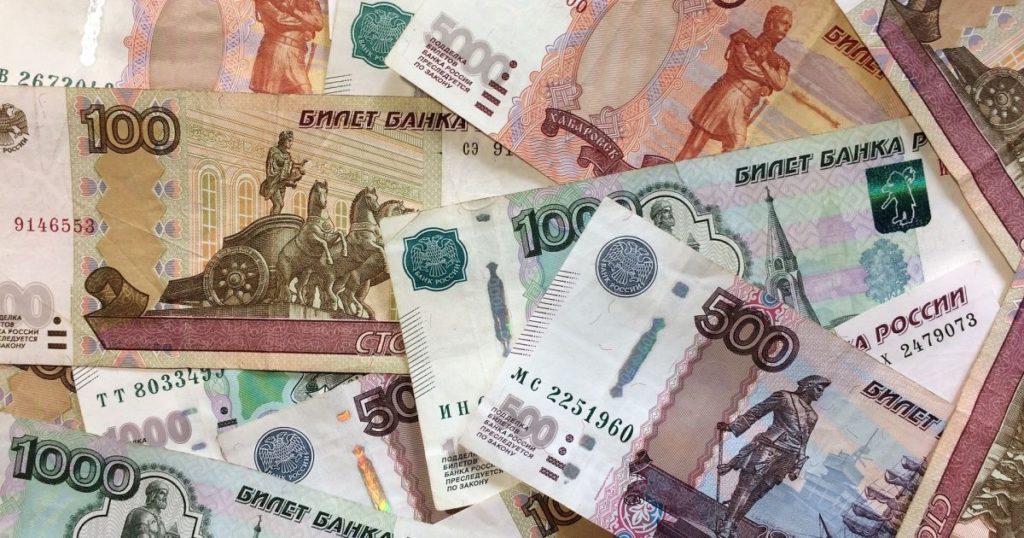ISW: Russian officials emphasize social spending but increase 2025 defense budget to $ 140 billion
Prime Minister Mikhail Mishustin emphasized the fulfillment of "all social obligations to citizens," even as defense spending is set to consume 40% of the federal budget.


The Russian government is preparing to substantially increase its defense budget for 2025, while officials publicly highlight plans for social spending. The Institute for the Study of War (ISW) suggests that Kremlin officials may be wary of war fatigue among the Russian population and are attempting to maintain public support by highlighting attention to social projects.
Russia’s budget for defense has increased to 10.4 trillion rubles ($111 billion) in 2024 from 6.4 trillion rubles in 2023 due to the ongoing war, surpassing Ukraine’s defense budget 2.5 times.
According to Bloomberg, draft proposals for Russia’s three-year budget show defense spending rising to 13.2 trillion rubles (about $140 billion) in 2025, up from 10.4 trillion rubles projected for 2024.
ISW reports that the budget forecasts federal revenues to grow by nearly 12% in 2025 compared to 2024, with non-oil and gas revenues expected to comprise 73 percent of the total.
Bloomberg’s analysis indicates that Russia plans to allocate approximately 40 percent of its 2025 budget to national defense and domestic security. This amount reportedly exceeds the combined spending on education, healthcare, social policies, and the federal economy.
Despite these significant defense allocations, Russian officials have been emphasizing social spending in public statements. Prime Minister Mikhail Mishustin claimed on 24 September that the government will “fulfill all social obligations to citizens,” highlighting planned funding for medical care, pensions, and national projects.
Finance Minister Anton Siluanov acknowledged that “significant resources” are being directed towards Russia’s “special military operation,” but emphasized that 40 trillion rubles ($428 billion) will be allocated to 19 national projects over six years. Siluanov stated this is “twice as much as the funding allocated for the period of 2019 to 2024.”
The emphasis on social spending in official statements contrasts with the reported increase in defense spending.
Related:
- Russian occupation authorities offer money to pensioners in occupied Ukraine for votes in Russian elections
- Analyst: Russian oil money turning North Korea into “ideal military factory”
- US sanctions Russian national for helping elites launder money
- Why Russia is still making money on energy sales and how to change this



